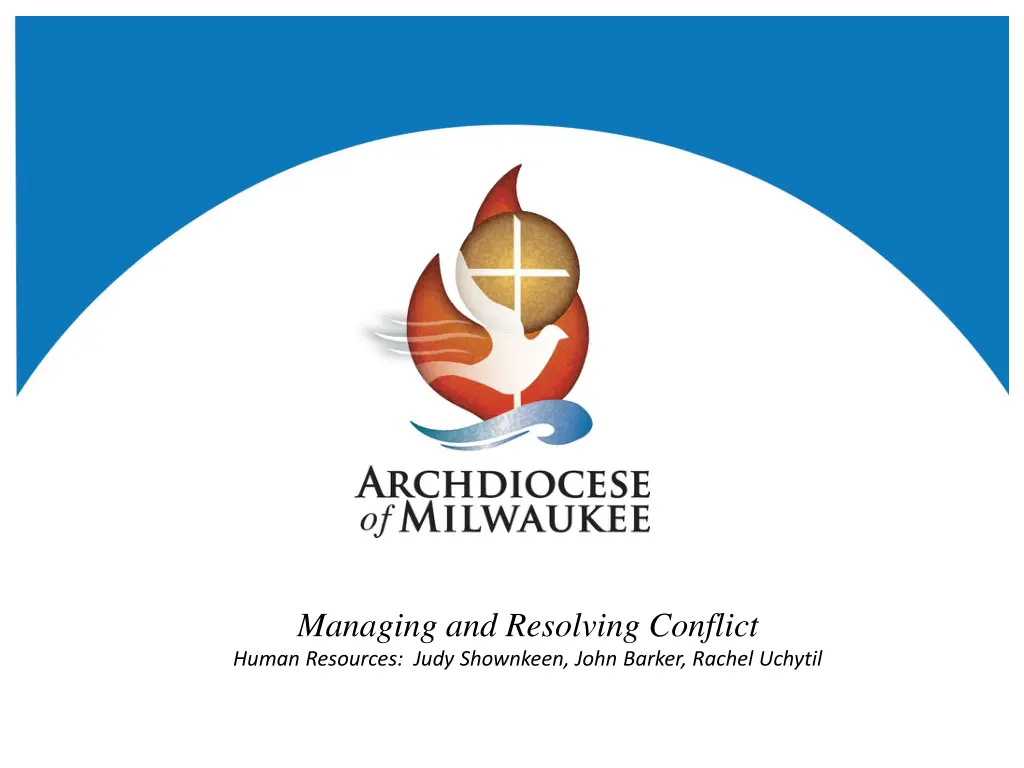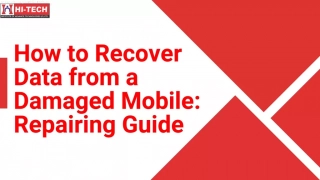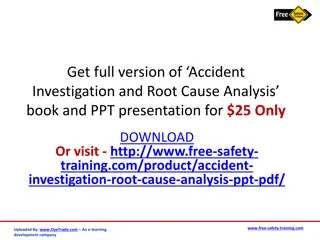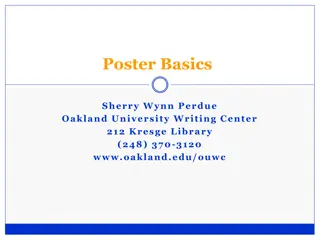
Conflict Resolution Strategies in Human Resources
Learn effective conflict management and resolution techniques in the workplace, including understanding types of conflict, prevention tips, and principles for resolving conflicts positively. Explore how conflict can be both productive and unproductive, and gain insights on achieving win-win outcomes.
Download Presentation

Please find below an Image/Link to download the presentation.
The content on the website is provided AS IS for your information and personal use only. It may not be sold, licensed, or shared on other websites without obtaining consent from the author. If you encounter any issues during the download, it is possible that the publisher has removed the file from their server.
You are allowed to download the files provided on this website for personal or commercial use, subject to the condition that they are used lawfully. All files are the property of their respective owners.
The content on the website is provided AS IS for your information and personal use only. It may not be sold, licensed, or shared on other websites without obtaining consent from the author.
E N D
Presentation Transcript
Managing and Resolving Conflict Human Resources: Judy Shownkeen, John Barker, Rachel Uchytil
Objectives of the Training Understand types of conflict. (Discussion) Tips to prevent unproductive conflict. Tips for Win-Win conflict resolution. (Practice)
Types of Conflict Relational: Style, values, motivation. Task: Goals, priorities, competing for resources, what/when/how to do something, making decisions. Both!
Discussion Which of the types of conflict do you see in your parish?
Tips to Prevent Conflict Personal and team relationship building. Clear roles and responsibilities. Clear decision space. Open and effective communication. Respect in the Workplace Training. PRAYER PRAYER
Principles for Conflict Resolution Everyone wants to feel valued and heard. Everyone is unique. Different personalities and styles are not bad we just need to learn how to navigate them. People usually have good intentions you just need to find out what they are. EMPATHY EMPATHY
When Is Conflict Effective? As an agent of change. Healthy debate enables us to make better decisions with more ideas, innovation, and creativity. To uncover and address issues instead of avoiding them.
When is Conflict Unproductive? When the underlying issues aren t resolved. When done without respect. When one person wins and the other loses.
Tips for Win-Win 1. Set the stage: Who should be involved? Who has the information/data needed? Where is the best neutral location to have the discussion? Defer the discussion/conflict until you re prepared. Seek a facilitator or ally.
"If your brother or sister sins, go and point out their fault, just between the two of you. If they listen to you, you have won them over. But if they will not listen, take one or two others along, so that 'every matter may be established by the testimony of two or three witnesses. If they still refuse to listen, tell it to the church; and if they refuse to listen even to the church, treat them as you would a pagan or a tax collector." Objectives of Matthew 18: 15-17
Tips for Win-Win . . 2. Active listening - with respect: What I hear you saying is Don t spend time formulating your response when you re supposed to be listening. Can you say more about that? Avoid telling the other person how they do/should think or feel. What does each party need vs want? Why is it important to each person? Address one issue at a time. Share the impact of words/behaviors on you.
Case Study Table Discussion 1. Select two people who will role play a situation within a parish. Review the scenario (handout) Marijo should begin the discussion, with the goal of each person meeting their respective needs. 2. Others at the table observe and take notes.
Case Study Tables Debrief 1.What went well? 2.Which elements of active listening did you see? What could have been done differently? (Did Marijo or Peg use any of the Tips for Active Listening?) What I hear you saying is Don t spend time formulating your response when you re supposed to be listening. Can you say more about that? Avoid telling the other person how they do/should think or feel. What does each party need vs want? Why is it important to each person? Address one issue at a time. Share the impact of words/actions on you.
Tips for Win-Win 3. Generate Solutions Seek common ground. What do you both agree to? Compromise. What are you willing to give ? Discuss the impact of proposed solutions on others and the overall organization, using what if questions. Don t criticize ideas understand merits and be objective.
Summary Prevent Conflict: Build healthy relationships, establish clear roles and responsibilities, and maintain respectful and effective communication. PRAY TOGETHER Empathy: Seek to understand the other person s position. Meet in the middle.






















